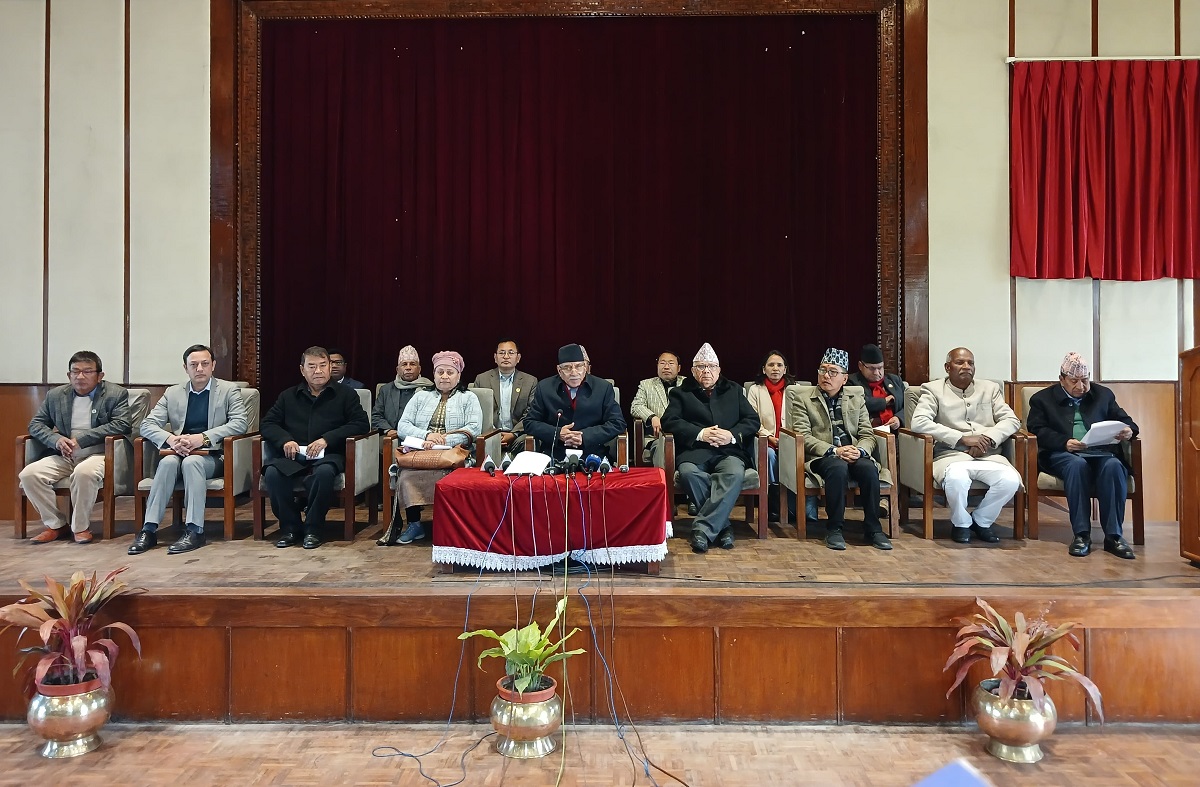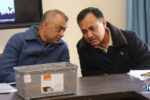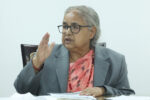KATHMANDU: Nepal’s opposition parties are under scrutiny for their inability to hold the KP Sharma Oli-led government accountable during its six-month tenure.
Despite controversies surrounding delayed parliamentary sessions and the excessive use of ordinances, the fragmented and disorganized opposition has struggled to present a unified voice, raising concerns over the state of democratic accountability in the country.
The main opposition party, the Maoist Center, holds 32 seats in parliament but has been criticized for its inability to rally smaller opposition groups, including the 21-seat Rastriya Swatantra Part (RSP) and the 14-seat Rastriya Prajatantra Party (RPP).
Internal disagreements, party-specific agendas, and skepticism towards Maoist leadership have hindered the formation of a cohesive opposition front.
“Efforts to unite the opposition have been delayed due to internal discussions and strategic disagreements,” said Maoist Chief Whip Hitraj Pandey.
This lack of consensus has weakened the opposition’s capacity to challenge the government effectively, even as the Oli administration faces criticism for circumventing parliamentary processes.
The Oli government has issued multiple ordinances in recent months, bypassing parliamentary debate. While Prime Minister Oli defends this move as necessary for governance, critics argue that it undermines the rule of law and democratic principles.
Constitutional experts have labeled the reliance on ordinances as a sign of a weakened legislative process, which the opposition has failed to address effectively.
A rare moment of solidarity among opposition parties came on Friday when seven groups, including the Maoist Center, RPP, and the Unified Socialist Party, issued a joint statement condemning the government’s actions. However, this came after months of inaction, highlighting the slow response of opposition leaders.
Political analysts point to internal conflicts within opposition parties as a significant reason for their ineffectiveness.
“The opposition’s disarray has made it difficult for them to capitalize on the government’s mistakes,” said political analyst Dr Shyam Adhikari. “They need to address their internal issues before they can effectively challenge the government.”
Efforts to form a broader opposition front, initiated by Maoist Chairman Pushpa Kamal Dahal, have faced resistance from smaller parties like the RPP and the RSP. Distrust in Dahal’s leadership, stemming from accusations of opportunism, has prevented a united front.
Opposition leaders have defended their slow progress, citing the need for careful preparation and internal consensus.
“It took time to align our policies and objectives, but we are now ready to collectively protest against the government’s actions,” said RPP Chair Rajendra Lingden.
Similarly, RSP’s Acting Chair Dol Prasad (DP) Aryal said the delay was necessary for strategic planning.
“While it may seem that we were inactive, we have been preparing for stronger collective actions,” he said.
As the government prepares to reconvene parliament later this month, the opposition faces a critical test. Will they rise to the occasion and hold the government accountable, or will their internal divisions continue to undermine their role? For now, the weakness of Nepal’s opposition remains a pressing concern for the health of its democracy.









Comment